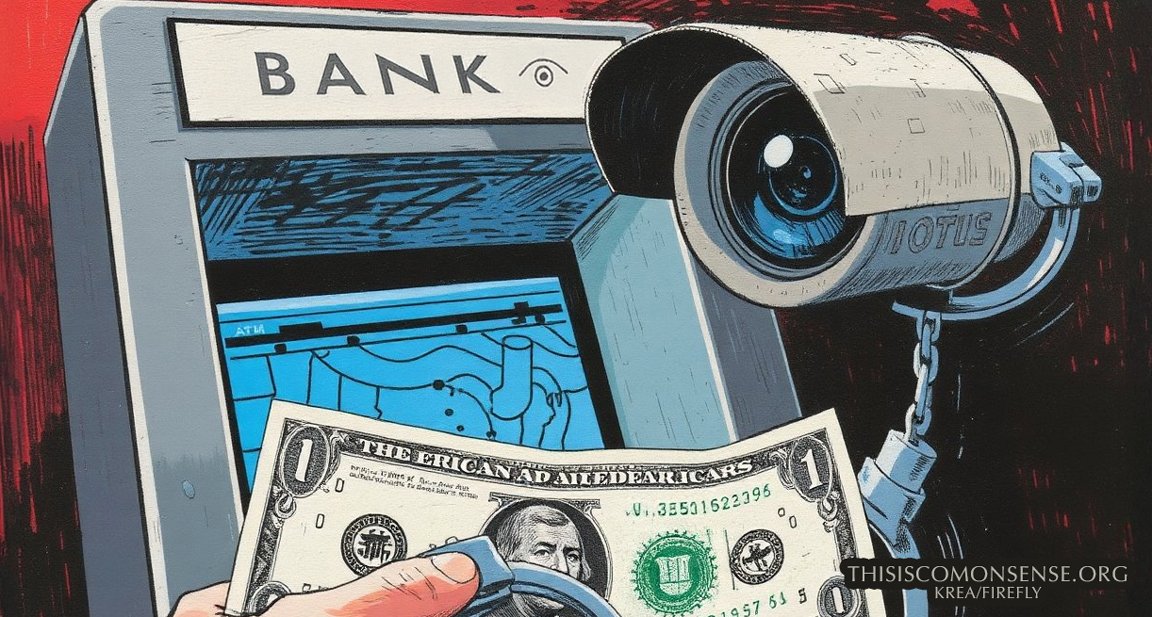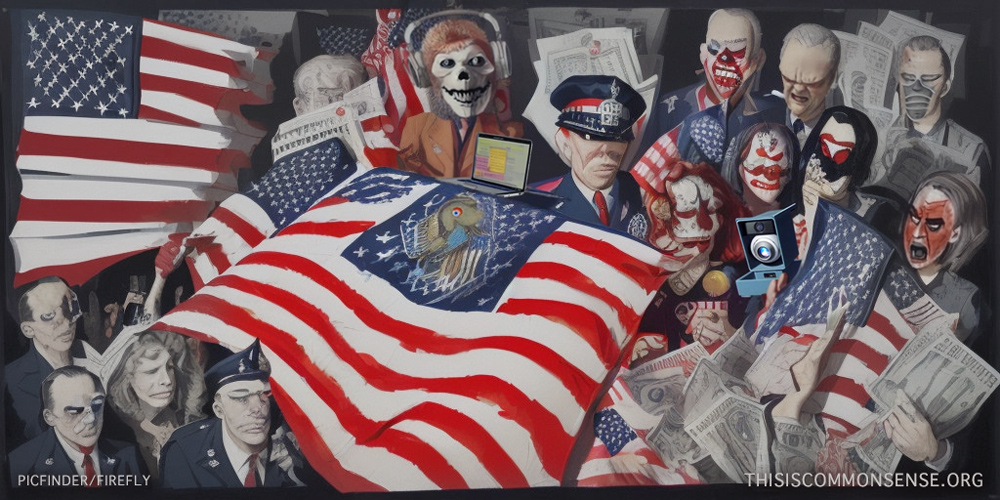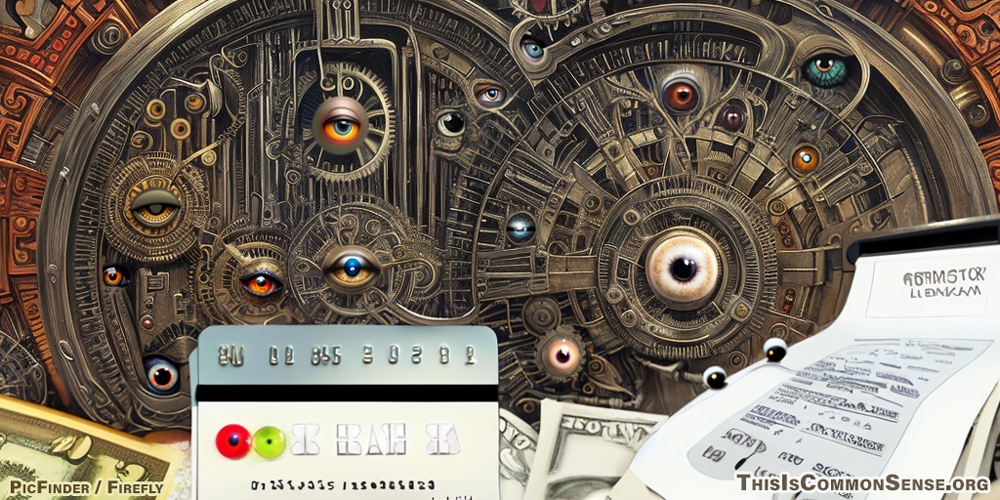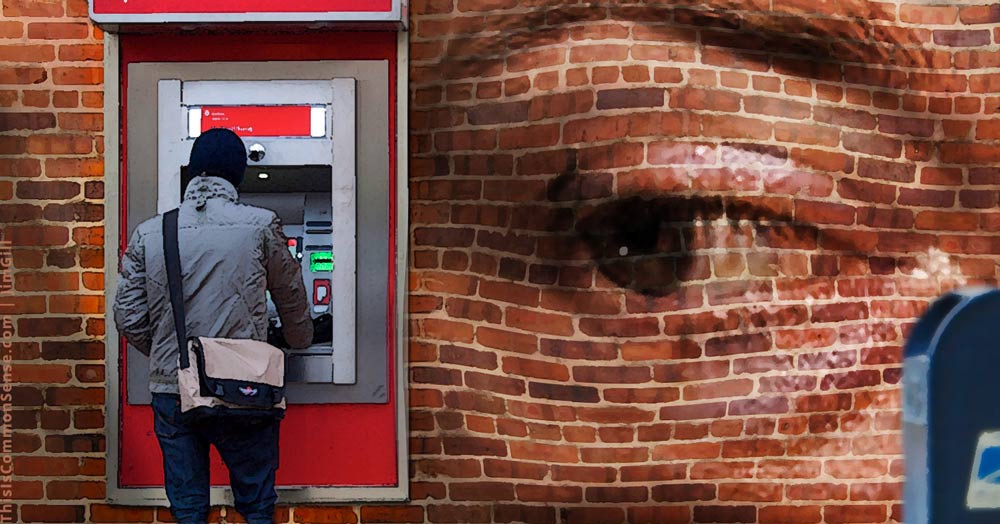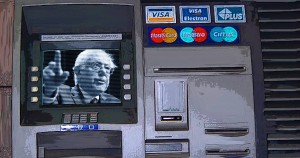President Trump has issued an executive order telling banking regulators to cut it out already.
The order, “Guaranteeing Fair Banking for All Americans,” takes aim at Biden-era regulations that pushed banks to “debank” clients who had the “wrong” political viewpoints: supporters of the First Amendment, the Second Amendment, or whatever aspect of individual rights and freedom the Biden administration was most insistently opposed to.
One key passage requires regulators to “remove the use of reputation risk or equivalent concepts that could result in politicized or unlawful debanking … from their guidance documents, manuals, and other materials … used to regulate or examine financial institutions over which they have jurisdiction.…”
The order also takes aim at banks. It requires regulators to identify financial institutions that have engaged or still engage in “politicized or unlawful” debanking practices and “to take appropriate remedial action” against the banks, including possibly “levying fines, issuing consent decrees, or imposing other disciplinary measures.”
Overall, the order represents a welcome 180 turnabout in very recent policy. The one problem I see, though, is that no clear attempt is made to distinguish between banks that were gung ho about clobbering politically unhip account holders and those that went no further than what they were pushed by Biden regulators to do.
Of course, one could always take a stand and do the right thing despite being threatened. Like the way the debanked individuals and institutions fought for what they believed in despite the risk of being debanked.
This is Common Sense. I’m Paul Jacob.
Illustration created with Krea and Firefly
See all recent commentary
(simplified and organized)
See recent popular posts
